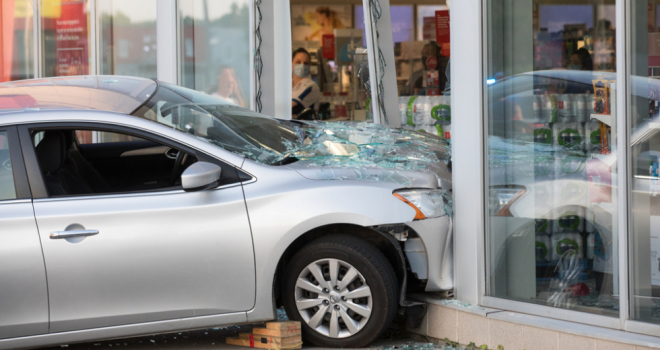
Based on the responses to the survey, the main reasons for the lack of insurance were: believing their business was too small (47%), remote work (42%), not having customers visiting the premises (34%), and not having major assets to insure e.g. no premises or vehicles (33%).
Currently, in the UK, it is only mandatory for businesses with staff to have employers’ liability insurance and those with vehicles to have motor insurance. However, since business owners with policies in place can only receive conditional compensation on the cover they purchase, Allianz believes that without an insurance payout, SMEs will still struggle to recover from a loss.
Allianz’s survey also revealed that between April 2021 and 2022, a large proportion of SMEs changed business models, with 19% increasing the number of products they offered and 16% altering the nature of their products/services. However, only 41% replaced their insurance policy to suit changed circumstances. Compared to during the Pandemic when 20% of SMEs transitioned to working remotely, 17% reduced the products/services on offer and 15% made staff cuts, 48% changed their insurance cover. This included both traditional business and specific agency insurance policies.
With SMEs accounting for 99.9% of the 5.6 million businesses in the UK, the importance of making sure that SMEs are adequately covered against legal and compensation costs, in addition to property damage and employee injuries cannot be overstated.
In addition, the survey found that SMEs tend to be overoptimistic about how long it would take to recover from an unforeseen event, with 69% believing that their business would revive within 12 months if their property was destroyed by fire.
Commenting on these statistics, Dean Laming director of Brisco Business Insurance has said:
“Many SMEs reduced their coverage during the lockdown, but interestingly many decided not to increase it when business picked up again. What this means is they risk becoming underinsured if they don’t adjust to the pre-pandemic levels of payroll, stock, and profit, which isn’t a good idea in the long term.
“As a rule, the indemnity period for business disturbances should be two years for SMEs in order to account for rebuilding the supplier and customer base,” says Laming. “When activities restart after the indemnity period, sums insured might change for your business property and contents, so you should review your policy limits.”
Following this survey, Brisco Business Insurance has now introduced an insurance platform for SMEs to compare and contrast company policies, supplying quotes for over 1,500 trades across seven sectors. Each trade has its own unique risks, so it’s critical to get cover that tailors to each industry.
The insurance brokerage offers SMEs packages that include public liability insurance, employees’ liability insurance, product liability insurance, and professional indemnity insurance.
